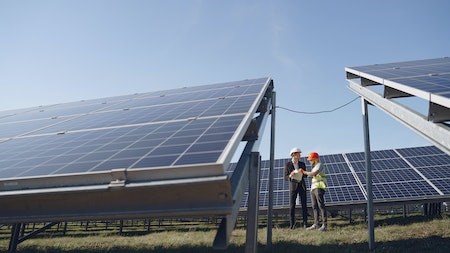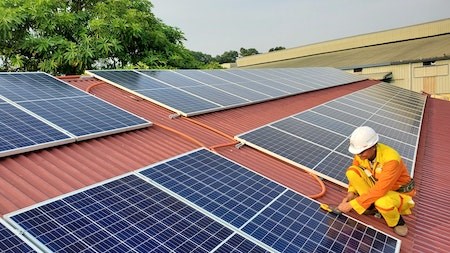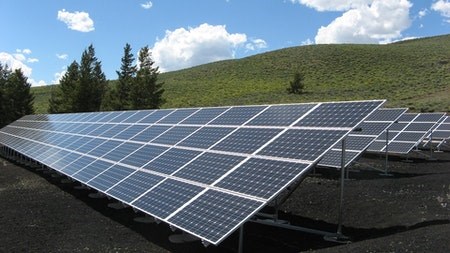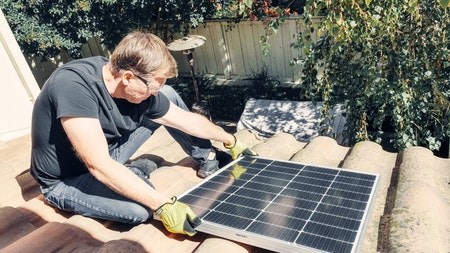The prolonged electricity crisis and mumblings of stage 8 loadshedding has forced many South Africans to take charge. There has been a boom in small-scale solar installations, and the sale of generators, inverters, and modular uninterruptible power supply (UPS) devices have skyrocketed.
“Before you wave goodbye to constant power interruptions, there are a few insurance considerations to take note of,” says Ricardo Coetzee, Head of Auto & General Insurance.
For starters, do alternative power sources need to be specified?
Coetzee says that solar panels, and some generators, are fixed to the property and therefore, covered under the homeowners’ buildings insurance policy. They do not need to be specified separately. “Homeowners do however need to inform us and adjust their total sum insured accordingly,” notes Coetzee.
If a device is not fixed – like an inverter or UPS for example, it would be insured under home contents cover. Coetzee says that again, these devices do not need to be specified but the overall total sum insured should be reviewed to ensure it is sufficient to cover the replacement of the items.
Auto & General Insurance has also seen a boom in home break-ins and loadshedding is one of the contributing factors to this increase. South Africans are urged to be vigilant.
When we compare the first 16 days of January 2022 to January 2023, Auto & General found that there has been a 40% increase in burglaries. The frequency of loadshedding is one of the reasons for this spike.
“When the lights go out, so do the alarm systems, gate motors and electric fencing go off, making it easier for criminals to gain access to your property. Most insurance policies stipulate in their contracts that the house alarm must be activated at all times when the home is unoccupied. So, if your house is burgled during a power cut, then, theoretically, your theft-related cover would be moot,” Coetzee says. “We believe that loadshedding is beyond the control of our customers, and therefore, they should, as a rule, not be penalised for it if they took all reasonable precautions. As such, each case will be considered based on its own merits.”
Alternative power sources are a hefty financial commitment but there are other bright ideas to consider that are easier on the pocket. Auto & General offers these easy to implement tips for an energy efficient home:
Switch to energy efficient light bulbs. They may be more expensive, but last longer and use substantially less electricity.
Letting go of large appliances such as a fridge can seem counter-productive when trying to save money but newer fridges are far more energy efficient and will save you more in the long run. Appliances are graded from A to G on their efficiency, with A being the most efficient and G being the least.
Smart plugs can be set to switch off your appliances such as TVs and sound systems entirely as opposed to putting them onto stand-by mode which guzzles power. Smart plugs typically have a companion app allowing you to set preferences, schedules and names for the devices.
Timers, or smart switches - whether for geysers, pool pumps or security lights - will help you only consume electricity at specific times. They are especially useful with geysers - one of the most energy consuming items in the household.
From the above, it’s clear to see that alternative power is not just a cost matter but it’s also a security matter.
Writer : Altus Venables




